Tales From The Barracks
Filmmaking is an art form that sometimes evades simple definition. It has, historically, been an exclusivist medium, where mostly men of privilege got to explore and present reflections of reality manufactured in the image of their own psyches. Much of this exclusivity came from the technological and material costs and from the power structures that decided who had access to the industry.
Traditionally, there have been three main ways to get to share your world views through cinema:
- you were born into the industry, or within the financial elites that can buy their way into most of anything
- you joined one of the technical trades early on, as an apprentice, and managed to go up through the ranks
- you went to film school and managed to develop a portfolio during your studies that could show you can be trusted with professional work
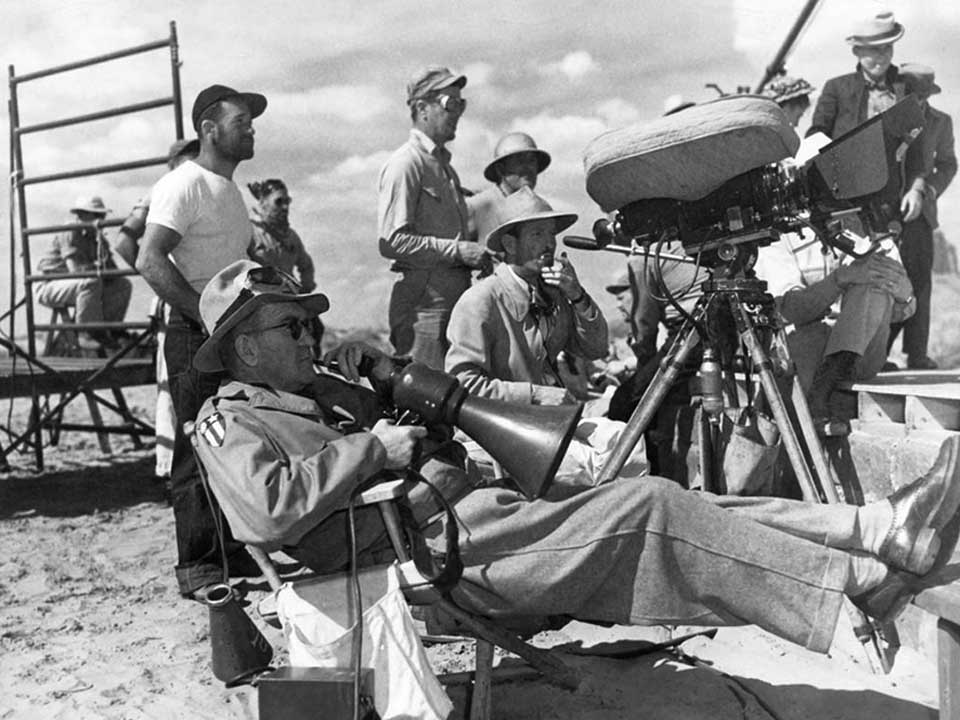
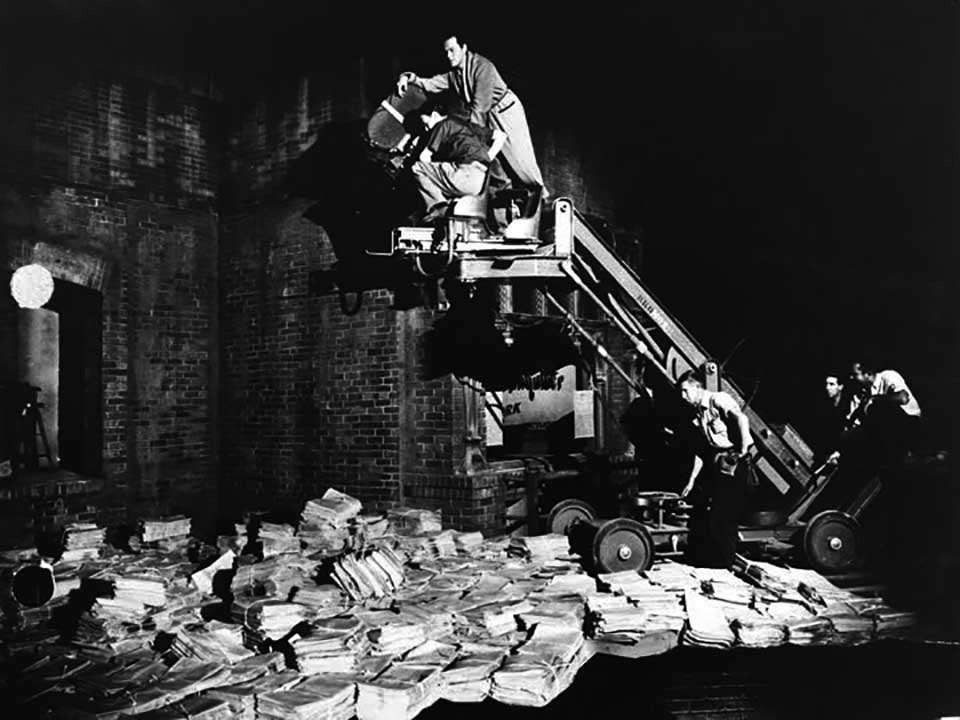
As its history progressed, the media industry became more inclusive, but there is still a long way to go until it can be considered accessible.
Access to technology has greatly improved the opportunities people have to express themselves through the medium, with more and more extraordinary works from underepresented teritories, cultures and ethnic groups in recent years. However, the avenues through which one can learn and practice the craft of filmmaking have stayed, for the most part, unchanged.
For as long as there have been film schools, there have been debates on their usefulness and the value that they bring to one’s filmmaking journey. A few months ago, the Alumni committee of my alma mater, The National Film and Theatre University of Bucharest (UNATC) reached out and asked me about my experiences during my film school years. I figure that sharing this interview would be the most honest way to provide my perspective on the matter.
UNATC Alumni: What did your years of study mean to you?
The time I spent at the UNATC represented an incredible leap from all possible points of view. They helped me develop a personal artistic perspective and to mature emotionally and spiritually. I was given the opportunity for self-discovery and to consistently test my limits.
Wonderful teachers such as Vlad Ioachimescu, Dan-Stefan Rucareanu, Mircea Ciocaltei, Adina Petrescu, Horea Murgu and Florian Nanu refined my taste and opened my eyes to a plurality of possibilities of expression through media.
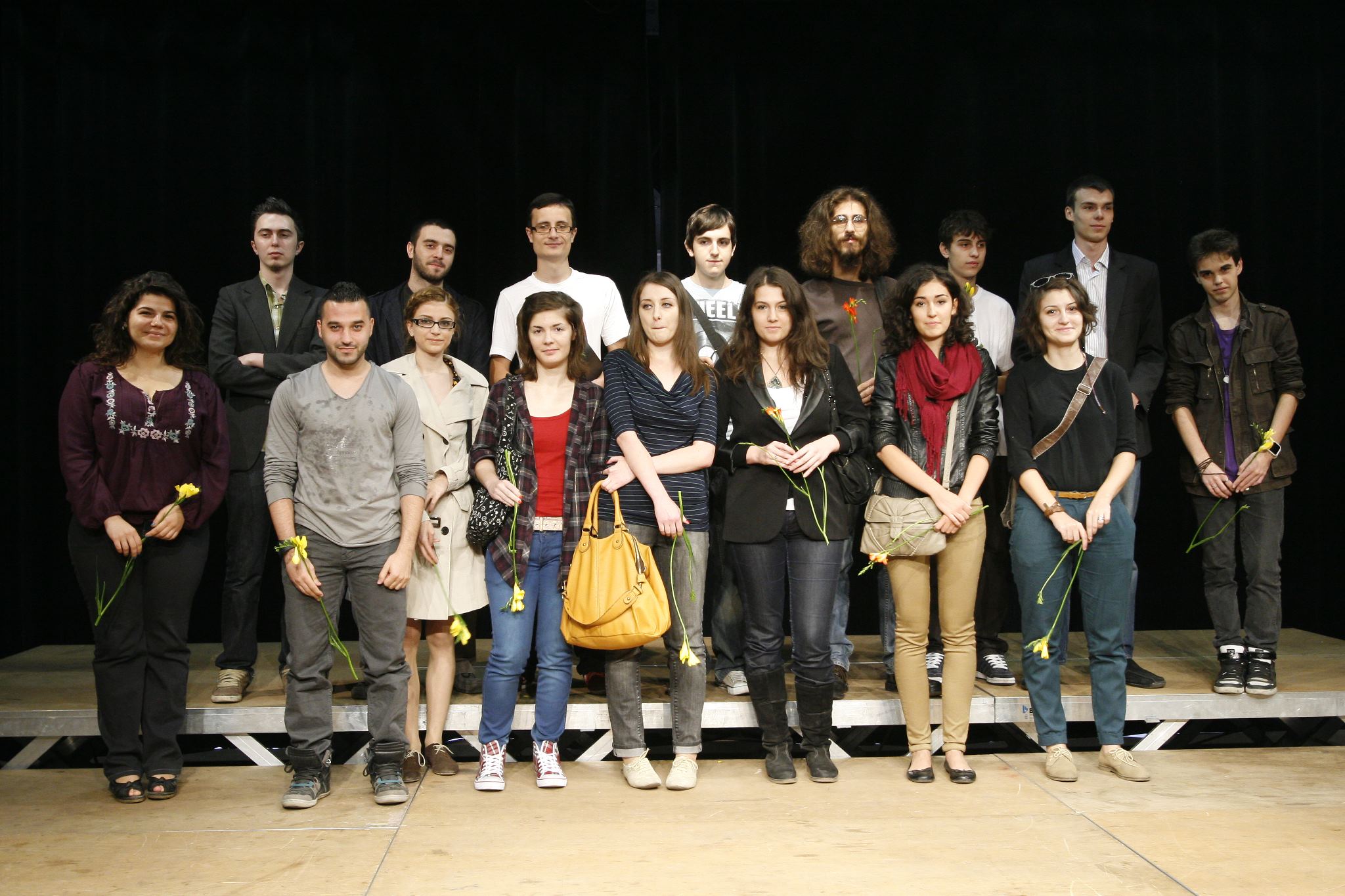
On a personal level, I had the privilege to meet about a dozen amazing people among my colleagues, with whom I developed deeply rooted relationships that still nurture and stimulate me even a decade later.
UNATC Alumni: What was the most attractive or thought-provoking project that you worked on during your studies?
It’s hard to pick your favourite “child”. From the beginning, I had a very dedicated approach. Throughout the development of all my school projects I gave my everything to all films and exercises that we made. But since I have to pick, then either “Black Squad” or “City Tour” would be my darlings, both directed by Andrei-Nicolae Teodorescu.
“Black Squad” is probably the most Romanian heist film possible, a bonkers dark comedy that subverts the norm, while also playing with or against the pacing tropes of the Romanian New Wave. It was presented in the Cannes Short Film corner, which was an absolutely surreal experience.
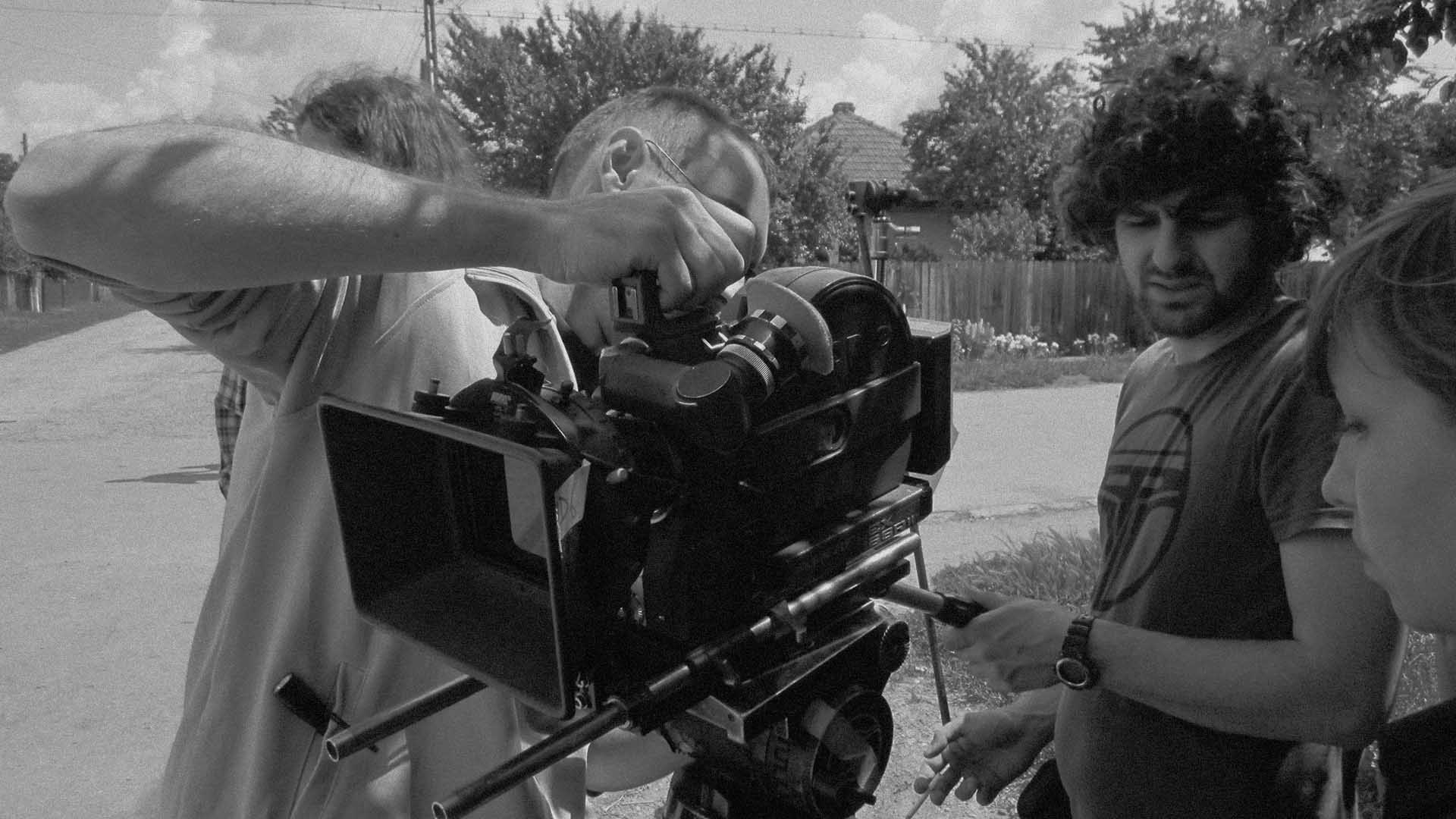
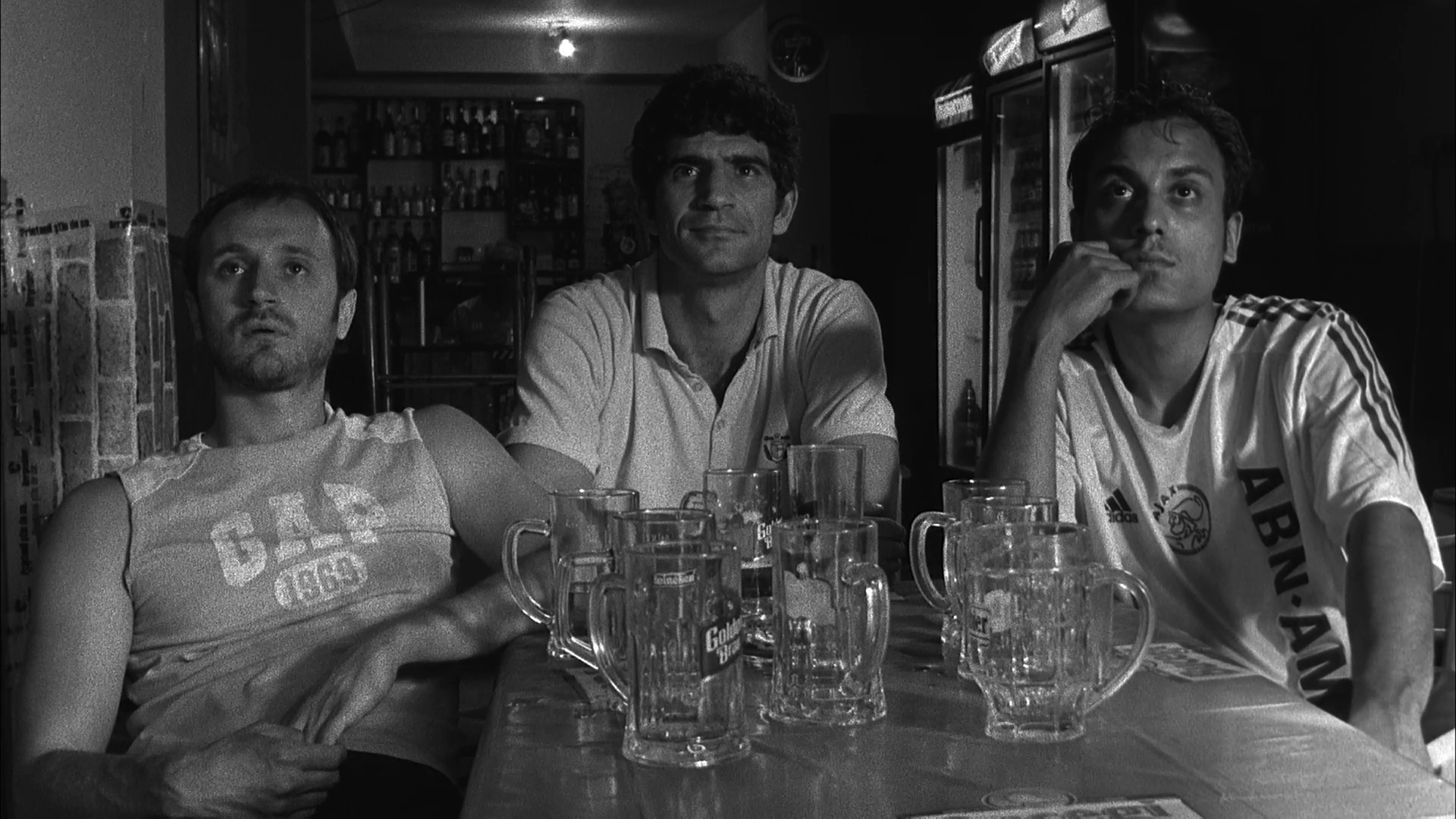
“City Tour” is a documentary that got us in a lot of trouble both inside the school and outside. It follows the selfless work done by a team from the Romanian Association for the Prevention of AIDS and the stories of the disenfranchised people they are trying to help.
UNATC Alumni: You started in Film Editing and Sound Design yet, during your studies, you pivoted more and more towards Cinematography. How did that happen?
There are a lot of factors that made me transition toward Cinematography. In the beginning, as I received my scholarship fresh out of high school at the age of 19, I didn’t know much about the real film world or what I would want to do in it.
There was also an imense socio-economical barier at play. Photography and Cinematography are very expensive passions, even more so before the digital revolution of the early 2010s. I come from a very austere background that made it hard to imagine “someone like me” could end up filming anything at a professional level. In university, though, I started understanding the world differently and I was given the support and encouragement to explore this side of filmmaking on “the state’s dime”.
I made myself known as a technically proficient Editor and Sound Designer very early on, and quickly progressed towards developing an artistic practice with a personal aesthetic approach. But as the days fused with the nights in a melange of frames on the Stenbeck’s tiny screen, I realised two important things: living in a little dark room for 10 to 12 hours a day is not good for me and “We’ll fix it in post” is the uttering that might just make me end this confusing experiment we call life.
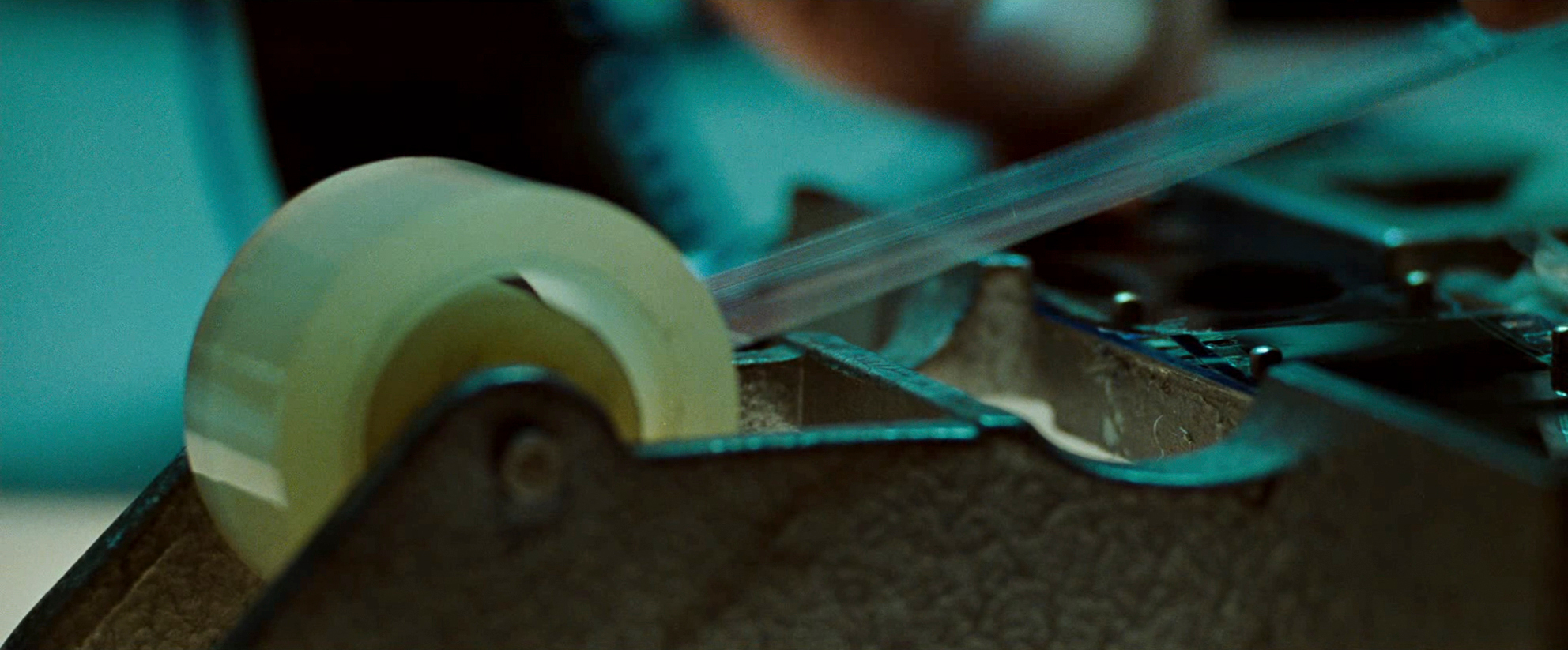
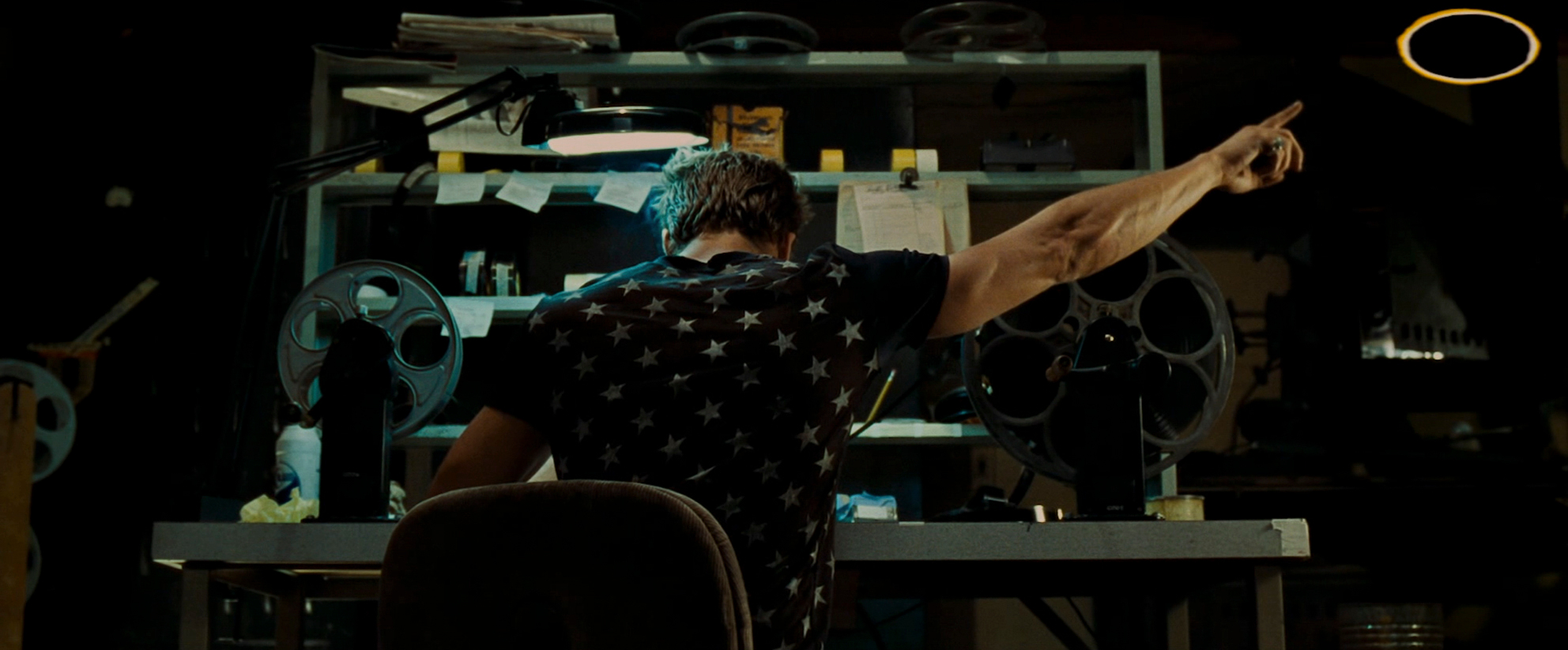
This brings us to the most important point of my long answer. As I was looking at the wonderful images created by my colleagues Tudor Panduru., Tudor Platon and Constantin Ene, I found myself having an internal monologue that was more about the images and less about how I think they should be edited. I often pondered where would I have placed the camera and the lights.
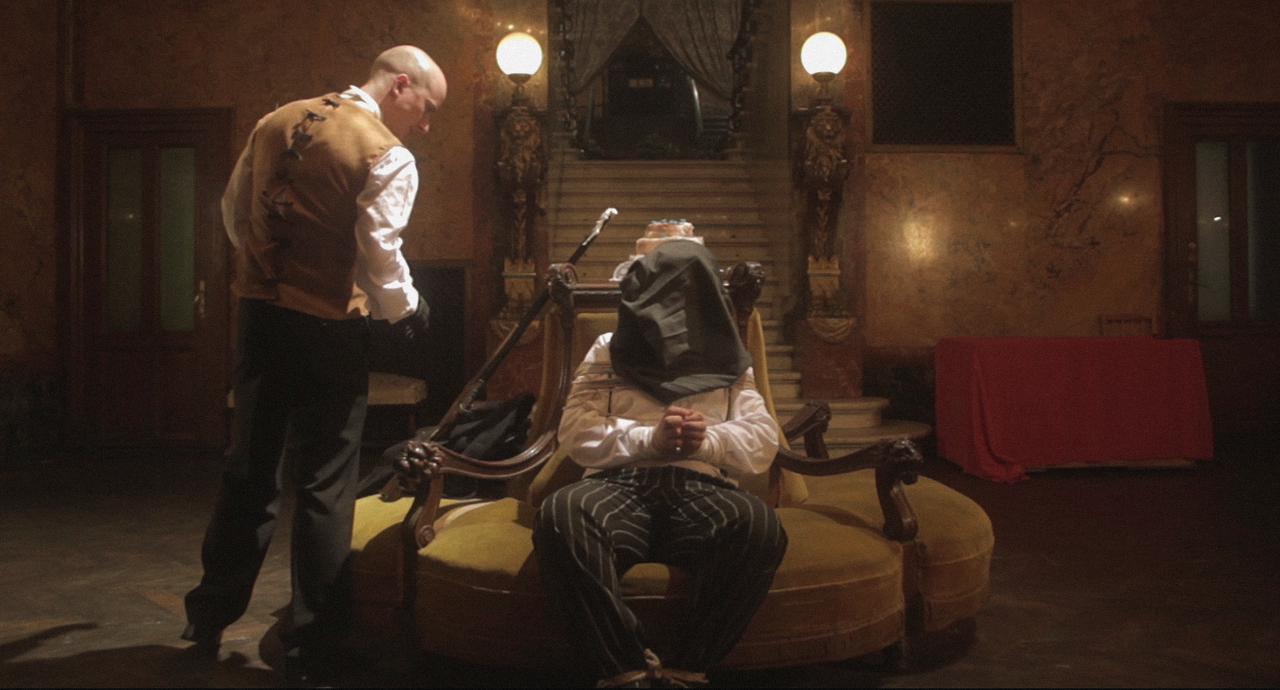
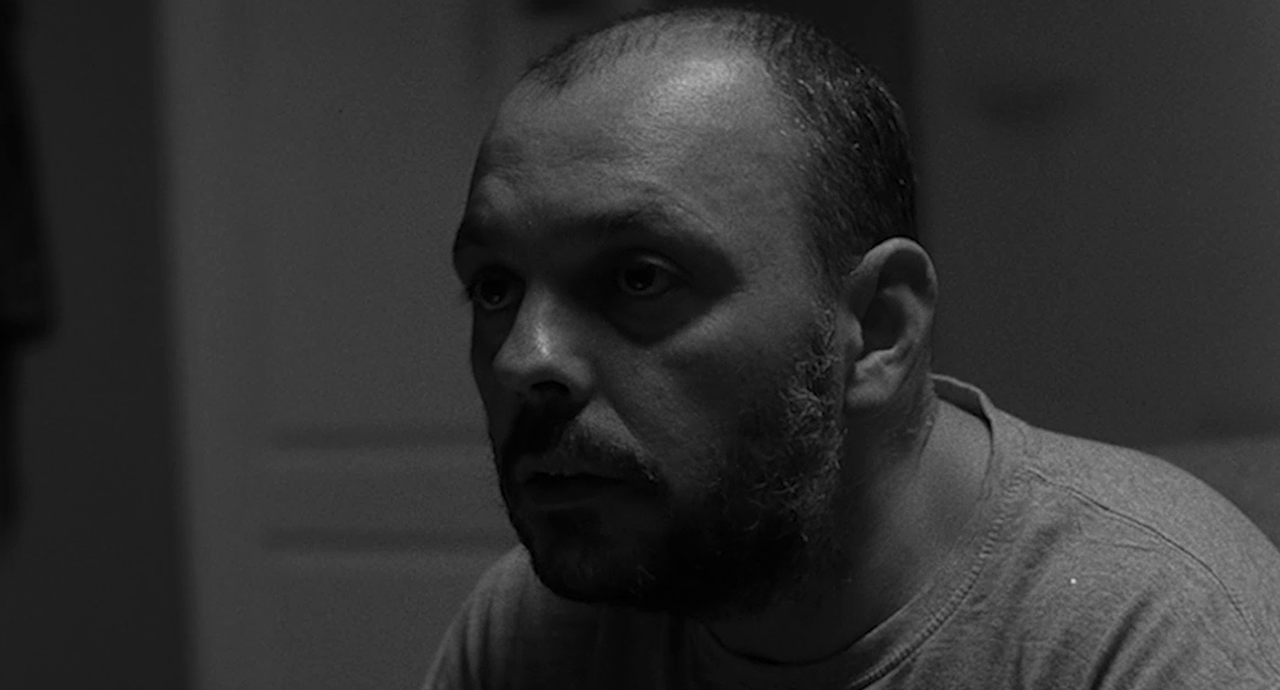
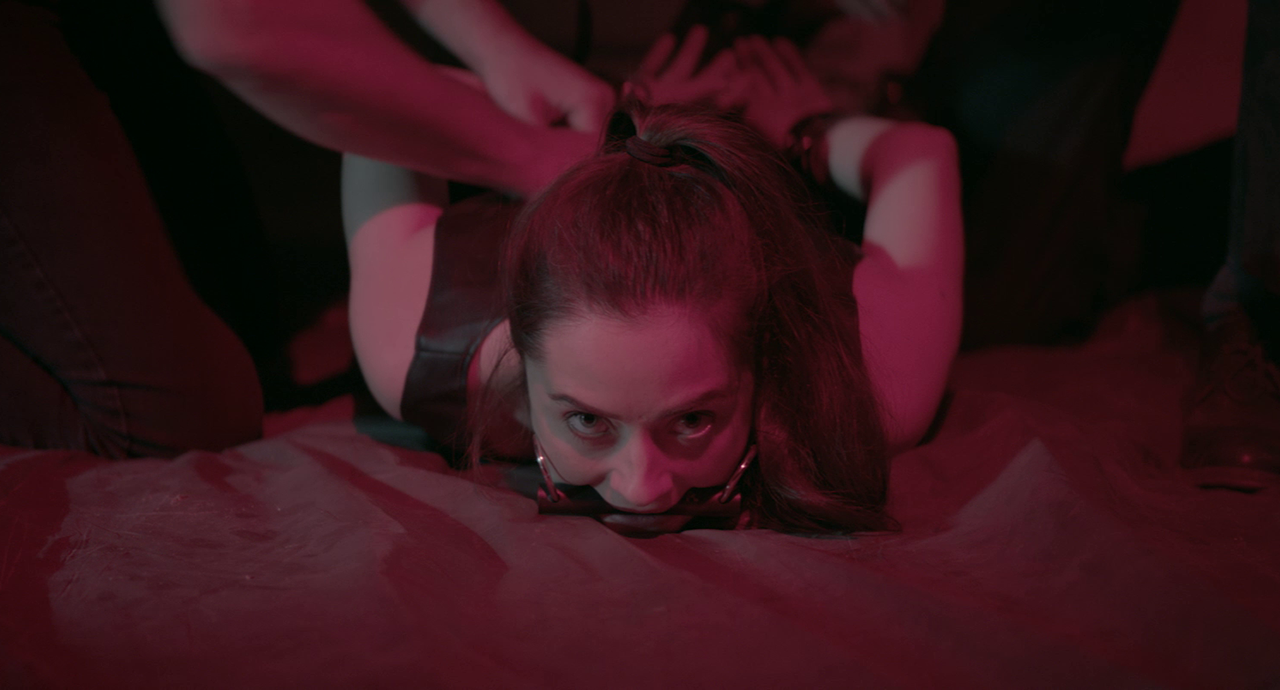
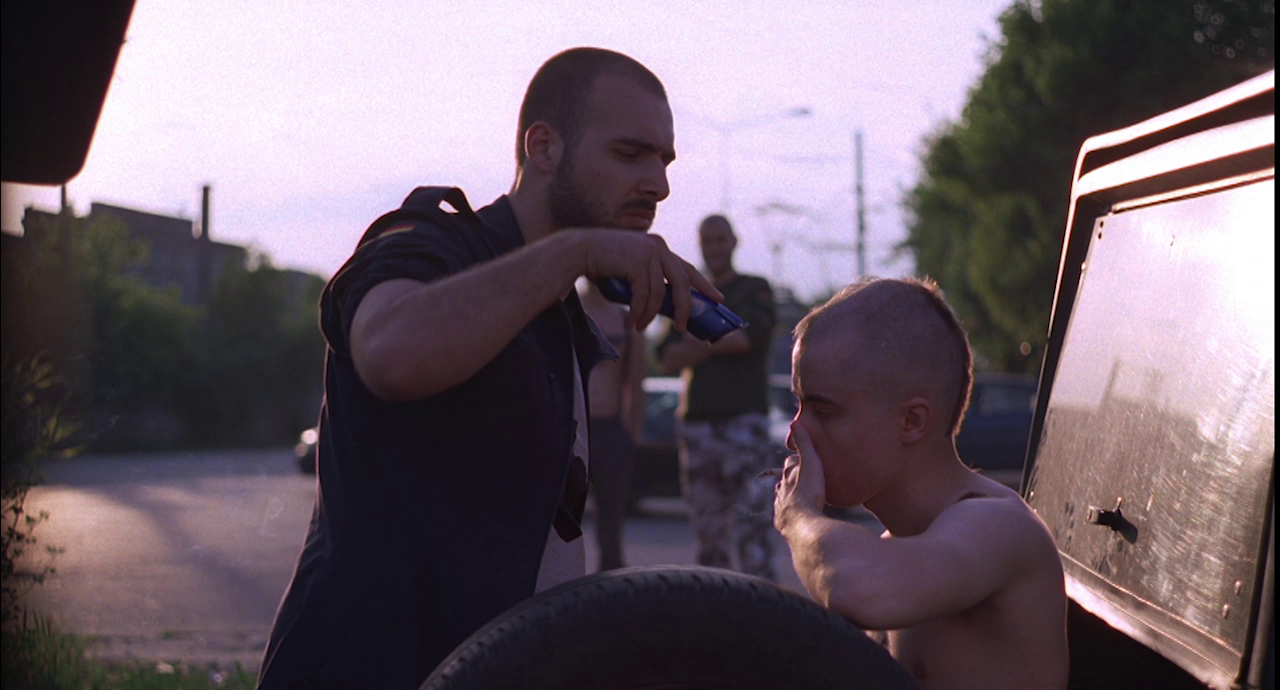
These kinds of thoughts eat at me even now, before every shoot. But I had to have gone through this process to get to where I am now.
UNATC Alumni: In which direction did you choose to pursue the realm of image-making, photography or video?
The opportunity of the moving image has always been what attracted me to film school. My attraction to filmmaking comes primarily from the uncanny resemblance it has to how my memory renders things. From the first moment I got my hands on a video camera, I felt that this is the only way I can express a significant part of how I experience the world around me.
For me, Photography is but a contemplative mistress. An excellent substitute for the moments when I’m not on set; an awesome way of looking at the geometry and the light of the world around me; but missing the Kinetics that make my subconscious believe I am living within what I am beholding.
UNATC Alumni: Could you please tell us about a recent project close to your heart in your current field?
Recently we’ve finished post-production on a short film very dear to me: “Dinah”
The film follows through a flow of moments: a series of important confrontations in the life of a young woman as she uses kickboxing as a tool for self-discovery. Her first fight in a ring opens up a series of repressed memories, but also the path toward healing her wounds.
I don’t know if it’s a story for everyone, but it’s told with great dedication and humanism.
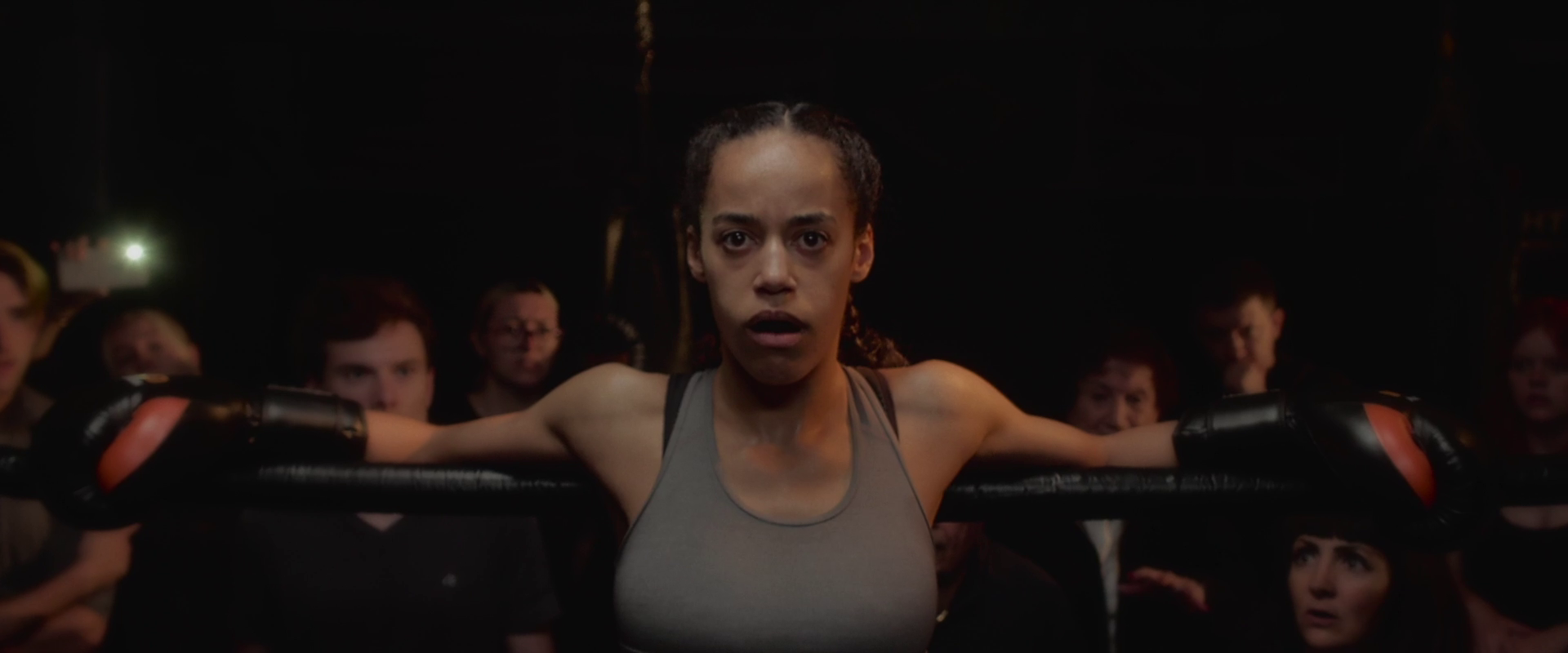
UNATC Alumni: What motivates you in your profession?
It is going to sound naive, pathetic and maybe a bit cliche, but without cinema, there is no life for me. I live on a continuous journey of discovery of the aesthetics and semiotics of the images that unfold in front of me. I dream of them at night and I deplore the days in which they don’t “come out” as they should.
Filmmaking is essential to my emotional stability. Through art I exorcise my demons, my fears, my shortcomings. My vocation is at times therapy, at times religion, and with the exception of my wife, the only thing that makes me truly happy.
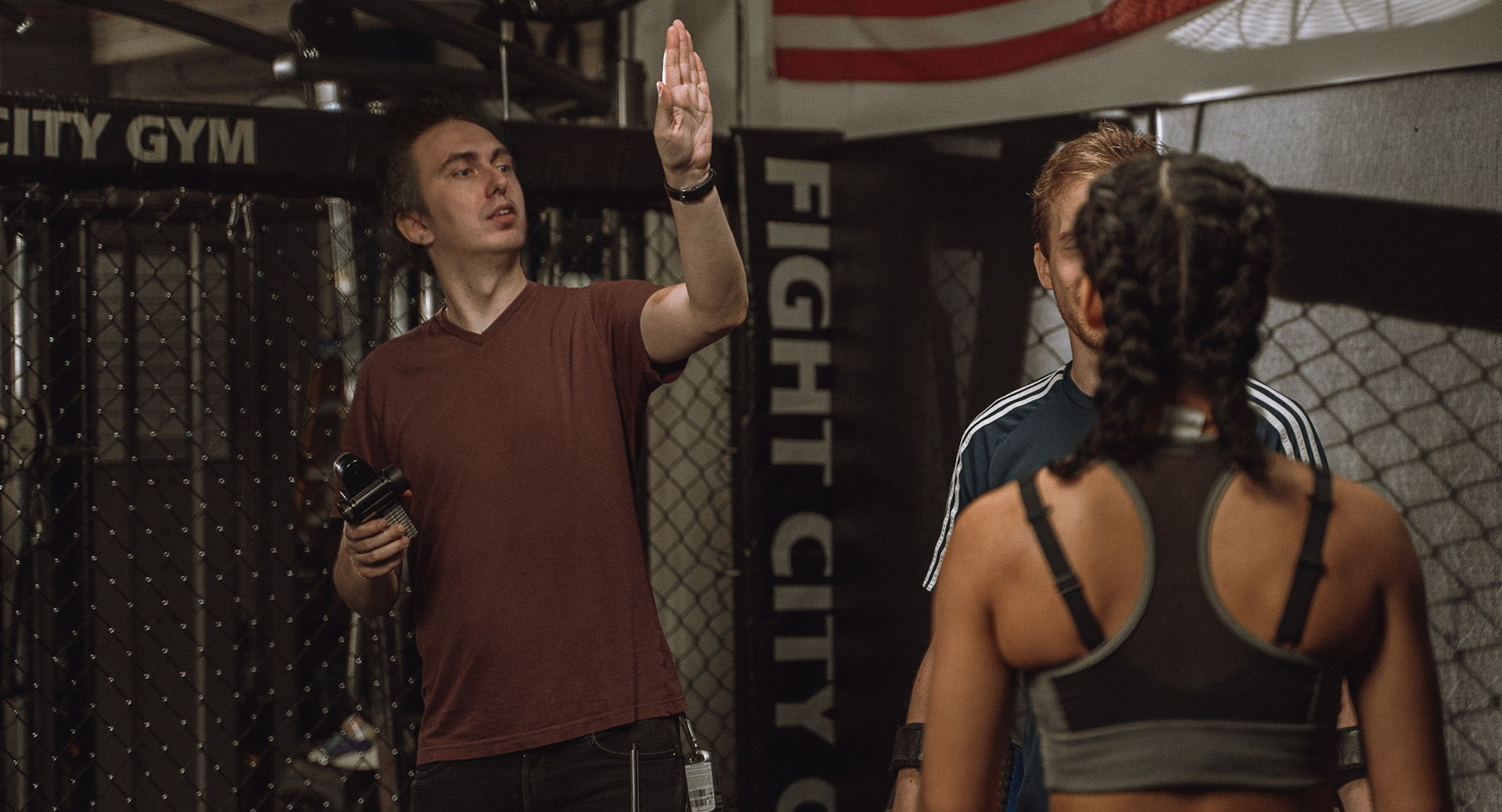
What motivates me is the creative process in itself, and the magical sensation that I have when I know that the film, my controlled hallucination, is inducing controlled hallucinations in others. I believe that cinema connects the artist with the spectator, as well as the audience among themselves. At its best, I share with these strangers that watch my work a little part of my soul. Hopefully, this enriches their lives in the same way mine was enriched by the many films that have touched me.
UNATC Alumni: What are you working on at the moment?
At the moment I am waiting. That is probably the toughest part of life as an artist in this field. I am waiting for a few projects that I shot to finish their post-production and make their way to the screen through the festival circuit. I am waiting for projects to get the green light and start production.
There’s a lot of exciting stuff on the horizon (two shorts and two feature documentaries) to be tackled in the next six months. However, there is a nontrivial possibility that none of these projects comes to fruition, and that I’ll end up secretly editing e-learning content to make my rent. You never know in our industry. That’s what makes it exciting and terrifying at the same time.
UNATC Alumni: Do you have any advice for the students and young people that want to work in cinematography?
My advice would be plenty, however none particularly practical. Those you can find in books.
If you are interested in a predictable and stable career don’t go for filmmaking. Film as an artist’s calling is for those people that have an itch deep down inside them to explore the human condition at 24 frames per second.
If you have a choice, don’t go for the money. The best projects will always be the ones that interest you at a deeply personal level. These are the projects where you will find yourself most authentic in your approach and giving 150% without even realising.
At the beginning of your journey, it is paramount to learn as much as you can: both about cinema and about life. Study as much as you can, technical books, aesthetics, film critique, but also psychology, philosophy, literature. Technical prowess is more of an exclusion criterion than a selection one. What makes you truly special and desirable as artists is your personal, profound viewpoint through which you look at the world, and as such, at filmmaking.
I don’t know if Miss Elisabeta Bostan still teaches at her 91 years of age, but 10 years ago while she was teaching me, she moved slowly yet with conviction while she dispensed her wisdom. I will echo her best advice: “Live, fall in love, lose, suffer, rejoice and do it all over again! You cannot reflect or speak of the human condition if you haven’t felt it on your own skin truly and truthfully in all of its misery and ecstasy.”
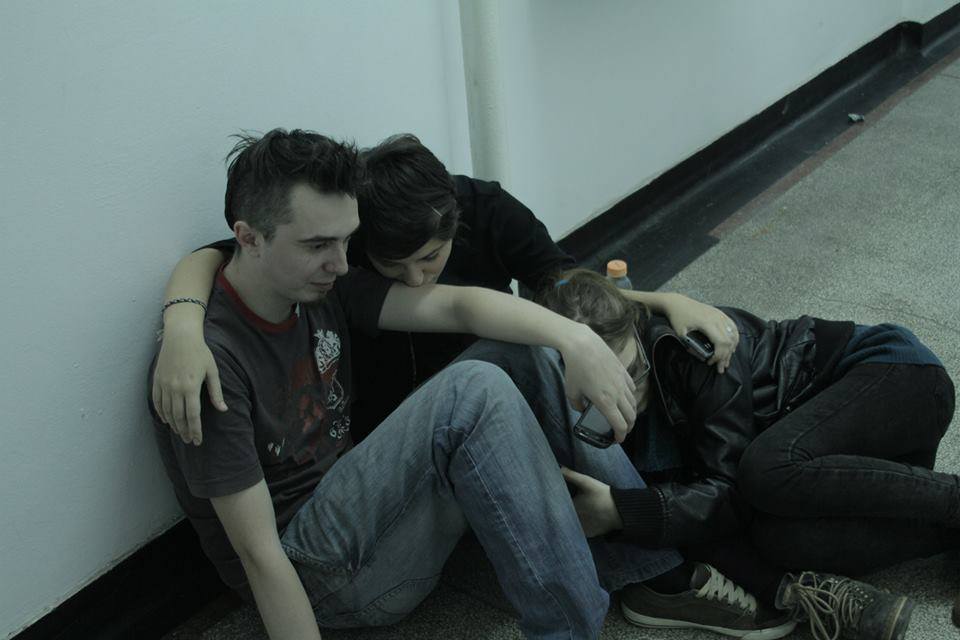
Look within yourselves long and hard before jumping into a career in media. It can be an extremely difficult life in most aspects if you take it seriously. At the same time, it is also one of the most wonderful careers possible because, when it is going well, we are part of a complex manic ant colony that gets to create magic.
To get notified about future posts please follow the RSS feed or subscribe via email below:
